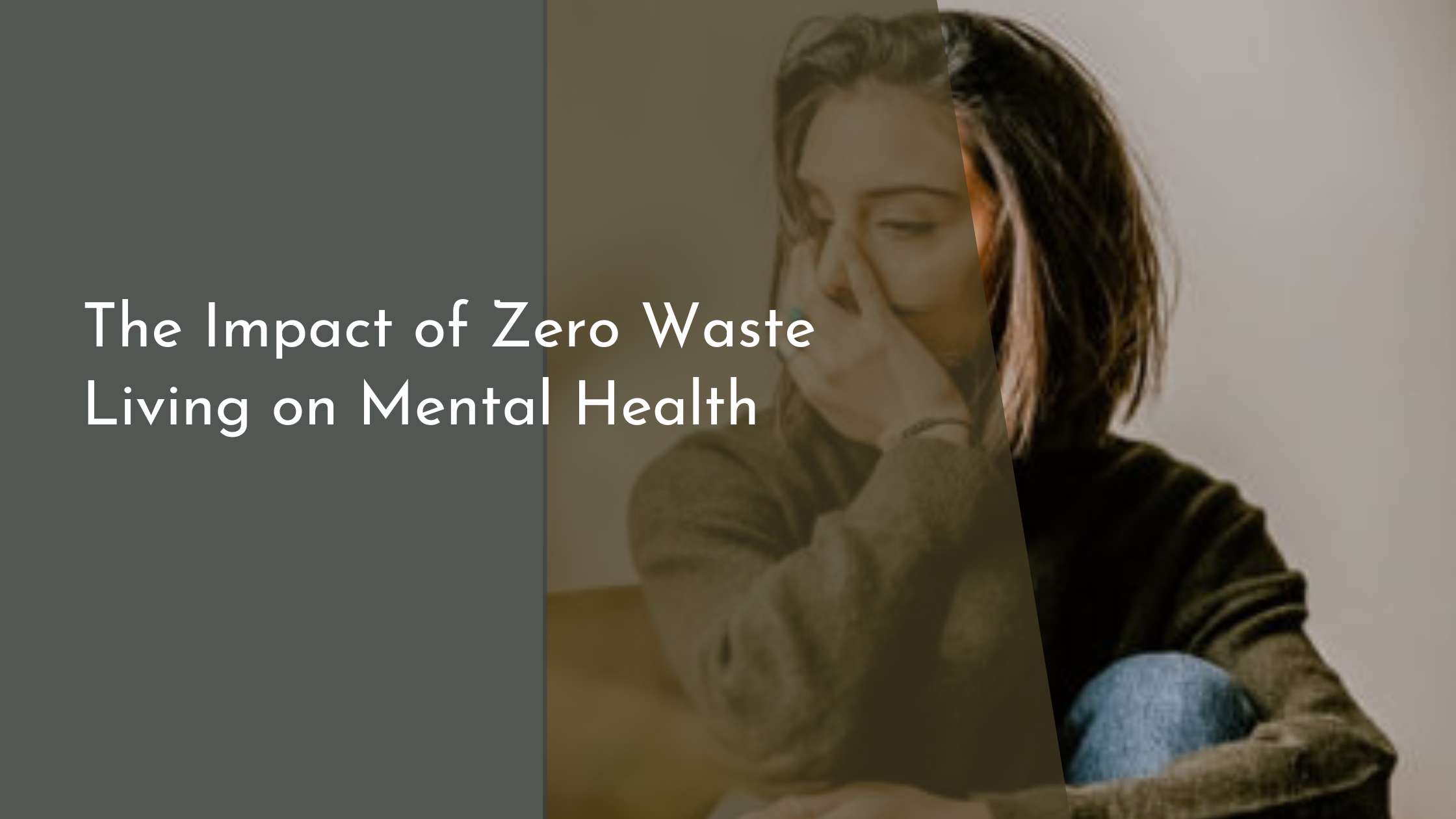The Impact of Zero Waste Living on Mental Health
In recent years, the zero waste movement has gained momentum, encouraging people to produce less trash and promote sustainability. While the environmental benefits of this lifestyle are well-documented, an intriguing aspect is its impact on mental health. Living a zero waste lifestyle can lead to profound psychological benefits, contributing to an improved sense of well-being and a more positive outlook on life. In this article, we will explore the connection between zero waste living and mental health, providing insights into how reducing waste can lead to a happier, more fulfilling life.
Understanding Zero Waste Living Principles
Zero waste living is guided by a set of principles aimed at minimizing waste production and promoting sustainability. At its core, the movement encourages individuals to follow the five R’s: Refuse, Reduce, Reuse, Recycle, and Rot. Refusing unnecessary products and packaging, reducing consumption, reusing items whenever possible, recycling responsibly, and composting organic waste are fundamental practices. By adopting these principles, individuals can significantly decrease their environmental footprint, contributing to a healthier planet.
Implementing zero waste practices in everyday life often involves a shift in mindset and behavior. This lifestyle encourages mindfulness and intentionality, prompting individuals to make conscious choices about the products they consume and the waste they generate. From carrying reusable bags and water bottles to embracing second-hand shopping and DIY solutions, zero waste living fosters a deeper awareness of our consumption habits. This intentional approach not only benefits the environment but also cultivates a sense of responsibility and empowerment, enhancing our overall well-being.
Connection Between Environment and Well-being
The link between a healthy environment and personal well-being is increasingly recognized by researchers and mental health professionals. A cleaner, less polluted environment contributes to better physical health, which in turn positively affects mental health. As we engage in practices that reduce waste and promote sustainability, we contribute to preserving natural resources, reducing pollution, and combating climate change. This holistic approach to living can lead to a healthier, happier community for all.
Moreover, a cleaner environment can alleviate stress and anxiety, promoting a more tranquil and serene lifestyle. Spending time in nature, which is often a byproduct of connecting with sustainability efforts, has been shown to reduce stress levels and improve mood. By actively participating in zero waste practices, individuals create a positive feedback loop where environmental actions enhance mental health, which further motivates eco-friendly behavior, thus creating a harmonious balance between personal well-being and environmental stewardship.
Psychological Benefits of Reducing Waste
Adopting a zero waste lifestyle can lead to significant psychological benefits. One of the most immediate changes individuals notice is a reduction in clutter. By minimizing waste, people often find themselves decluttering their physical spaces, which can have a profound impact on mental clarity. A tidy, organized living environment is known to reduce stress and promote peace of mind, allowing individuals to focus better and experience a greater sense of control over their surroundings.
Furthermore, zero waste living encourages a sense of purpose and community. As individuals become more mindful of their consumption patterns, they often connect with like-minded people who share similar values. This sense of belonging and shared mission can boost self-esteem and foster a supportive network. Additionally, the act of contributing to a global effort to reduce waste and protect the environment can instill a deep sense of satisfaction and joy, reinforcing positive mental health outcomes.
Embracing a Brighter Future with Zero Waste
Embracing a zero waste lifestyle not only benefits the individual but also paves the way for a brighter, more sustainable future for generations to come. By reducing waste and adopting sustainable practices, we set a positive example for others and contribute to a cultural shift towards more environmentally responsible living. This proactive approach fosters a sense of hope and optimism, empowering individuals to believe that their actions can make a difference in the world.
As more people join the zero waste movement, the collective impact grows, leading to broader societal changes. This ripple effect can result in improved mental health at a community level, as cleaner environments and stronger social connections become the norm. By embracing zero waste living, we nurture a culture of mindfulness and gratitude, enhancing our mental well-being as we work towards a more sustainable and harmonious world.
In conclusion, the journey toward zero waste living is not just about reducing environmental impact but also about nurturing our mental health. By embracing the principles of minimalism and sustainability, individuals can achieve a greater sense of purpose, clarity, and community. As we adopt these practices, we contribute to a healthier planet and a happier, more resilient society. Ultimately, zero waste living offers a hopeful path toward a more balanced and fulfilling life, proving that caring for the earth and our mental well-being go hand in hand.

